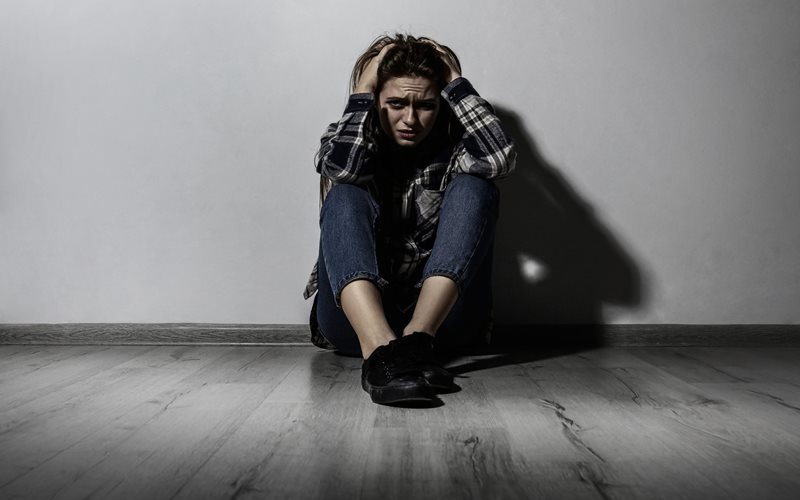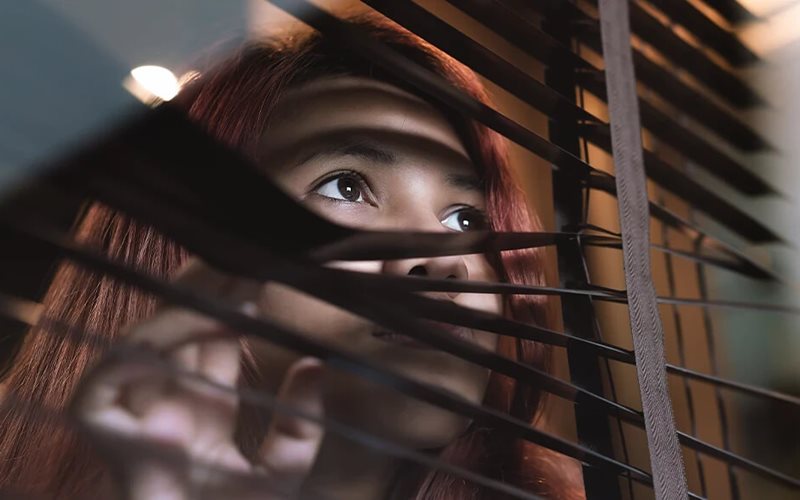Monophobia is a common phobia that affects many people, causing anxiety and unease when they are alone. To learn more about this phobia, read on!
1 What is Monophobia?
 What is Monophobia?
What is Monophobia?
Monophobia, or the fear of being alone, is a phobia characterized by a persistent and irrational fear of being alone or lonely. It is also known as Autophobia or Isolophobia and is classified as an anxiety disorder.
People with Monophobia often experience intense fear and anxiety when they are alone and may feel unsafe or insecure without the presence of others.
It is important to note that Monophobia is more than just a discomfort with being alone. It can significantly impact an individual’s quality of life and daily functioning if left untreated.
2 What Causes Monophobia?
 Causes of Monophobia
Causes of Monophobia
Biological Factors
Monophobia may have biological origins, such as anxiety disorders, obsessive-compulsive disorders, stress disorders, or social anxiety disorders. These underlying conditions can increase an individual’s risk of developing Monophobia.
Environmental Factors
Environmental factors also play a significant role in the development of Monophobia. Some environmental factors that may contribute to this phobia include:
-
Unsafe or insecure environments: high crime rates, family violence, etc.
-
Overprotective family environments
-
Strong dependence on others, leading to a lack of self-confidence in handling life’s challenges
-
Significant losses, such as the death of a loved one or the end of a close relationship
-
Prolonged loneliness or isolation
-
Traumatic events, including assault, harassment, or abuse
-
Separation or isolation due to divorce, migration, or social isolation
-
Genetic predisposition: Some individuals may have a higher risk of developing Monophobia if they have specific genes related to anxiety and stress, such as the RB FOX11 gene.
Research suggests that genetics can play a role in the development of Monophobia. If a person’s parent or sibling has Monophobia, they may have a higher chance of inheriting this phobia.
3 Symptoms of Monophobia
Fear and Anxiety When Alone
Individuals with Monophobia experience intense fear and anxiety when they are alone. This can lead to agitation and potentially dangerous situations if they are unable to seek help.
Avoiding Situations of Solitude
People with Monophobia may go to great lengths to avoid being alone. They may frequently leave their homes to be around others or require someone to sleep with them to avoid facing loneliness.
 Methods to Manage and Improve Monophobia
Methods to Manage and Improve Monophobia
Manage Negative Thoughts
Learn to transform negative thoughts into positive ones. By doing so, you can take control of your thoughts and reduce the impact of Monophobia on your mental state.
Build and Expand Social Connections
Meeting new people and building social connections can be beneficial in managing Monophobia. Social support can provide a sense of security and help reduce the fear associated with being alone.
Seek Support from Family and Friends
Share your experiences and concerns with loved ones, and ask for their support. Their understanding and assistance can be invaluable in overcoming Monophobia and improving your overall well-being.
We hope that through this article, you have gained a better understanding of Monophobia and its causes. Remember to prioritize your mental health and well-being by creating a comfortable and joyful environment for yourself!
Source: hellobacsi.com





































